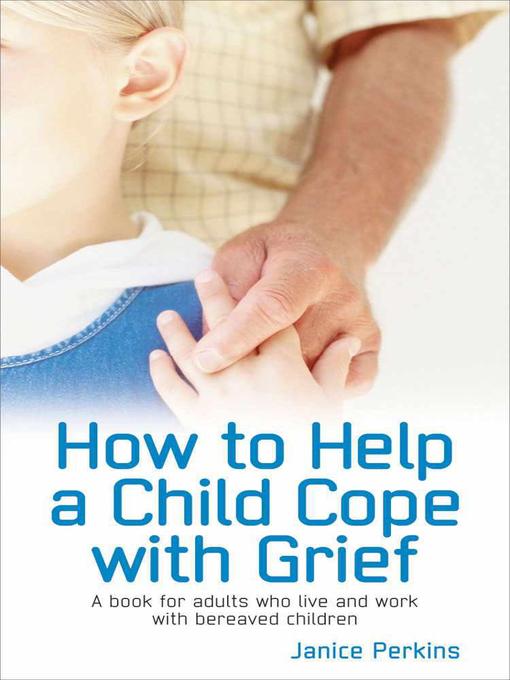How to help your child become more independent
8 tips for teaching kids to be more independent
It’s 7:55 a.m. and my six-year-old daughter is singing Pharrell’s “Happy” in her pyjamas while bopping to the beat. I’m not happy, knowing that the school bell rings in 15 minutes. I pull her PJs off like they’re on fire and tug up her tights so brusquely that I practically lift her off the floor. We make it, barely.
I know she can dress herself, but my blood pressure starts to spike watching her stalling shenanigans, and I often end up doing it for her to avoid facing yet another late slip.
Sound familiar? Jeanne Williams, an Edmonton psychologist, sees many parents coping with the time crunch by using a “parenting to get through the day” approach: They worry about what needs to be done in the here and now, not about the long-term effects of these daily choices. “I’d go so far as to say that all parents do this at some point,” she says.
Well, if we’re all doing it, it can’t be that bad. Right?
Unfortunately, this isn’t a strength-in-numbers thing. “Habitually doing things for your child that she’s capable of doing herself sends an inadvertent message that you don’t have confidence in her abilities,” Williams warns. The outcome is a child who lacks independence, self-esteem and problem-solving skills and who can’t—or won’t—do age-appropriate tasks. This is sometimes called “learned helplessness.” Learned from whom? You guessed it.
But Williams doesn’t want us to feel guilty. She knows we’re just trying to keep all those balls in the air and explains that this problem is fixable—and there’s huge payoff: confident, capable kids, and tasks removed from your plate. Here are eight tips for teaching kids to be more independent:
1. Give noticeGet your child on board by encouraging her to help “you” change. When Williams realized she was doing way more for her son than was necessary, she told him, “I’m sorry. I’ve been treating you like a little kid when you are ready to do some big-kid jobs!” She warns against using phrases like “You’re not a baby anymore”; baby can be a sensitive word in this age group.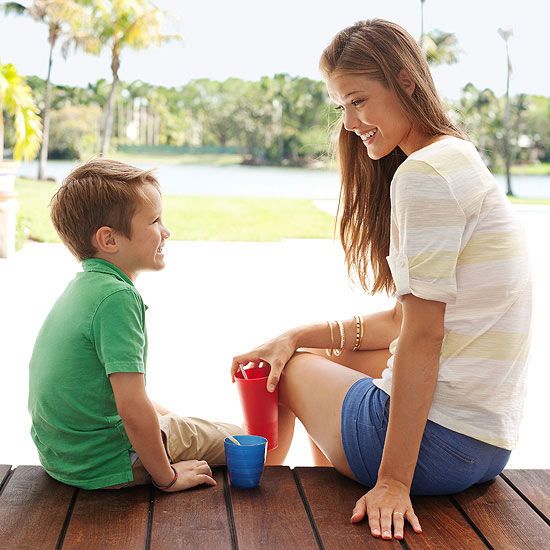
Make a list of things she could be doing herself. Mine had 13 tasks, including brushing her teeth (gah!). Ask her which duties she feels she’s big enough to take on—it’s likely to increase her willingness to try.
3. Target prioritiesTackle one item at a time, so you don’t overwhelm her.
4. Make timeIf it takes her 10 minutes to brush her own hair, start your morning 10 minutes earlier (and put down the brush!). When she’s not being micromanaged, she may surprise you with her co-operation, and you’ll be a calmer influence when you’re not racing against the clock.
5. Negotiate compromiseIf she digs in her heels, compromise and inject some fun. For a few days, I took shirt duty, and she did the bottoms. I said that her tree branches (arms) needed their leaves (her shirt) and that she did a great job—and would also be awesome at putting on her own shirt.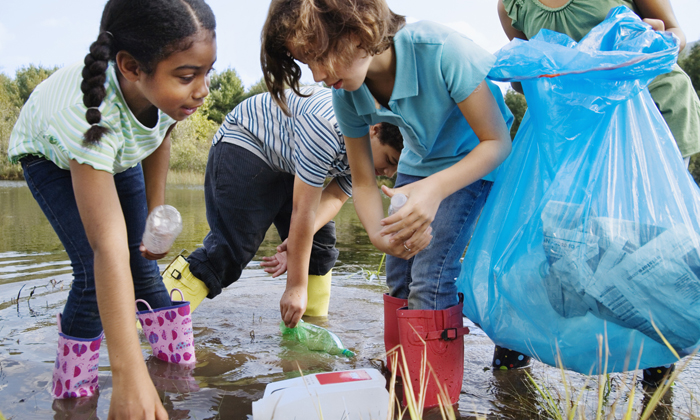
Accept that she won’t do the task as well as you. If the milk spills, show her how to clean it up without criticism and assure her it happens to everyone.
7. Praise somethingInstead of pointing out that her shoes are on the wrong feet, say, “You put on your own shoes! Good job!” She’ll discover the discomfort on her own. Give positive follow-up like, “I bet you’ll get them on the right feet tomorrow.”
8. Consider circumstancesIf kids are tired, sick, stressed or adjusting to a change, it’s not the time to introduce new responsibilities. And don’t be discouraged if they regress, wanting you to do a task after they’ve mastered it. This is normal. Temporarily sharing the load can help them bounce back more quickly than if you scold or criticize them.
Don’t rush in to solve minor issues when they crop up, says psychologist Jeanne Williams.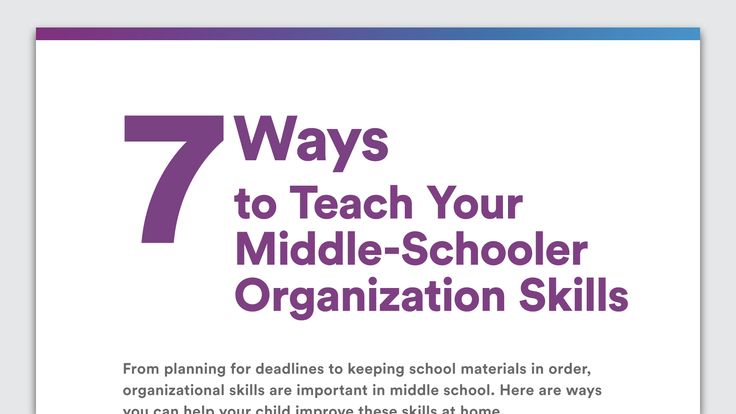 Encourage your child’s problem-solving skills by asking if she can come up with a fix. If she’s stumped, give her time to think before offering up your ideas.
Encourage your child’s problem-solving skills by asking if she can come up with a fix. If she’s stumped, give her time to think before offering up your ideas.
Try to stay relaxed. Like me, you may find more messy beds and puddles of milk, but hearing your child proudly say, “I did it all by myself!” is so worth it.
A version of this article appeared in our August 2014 issue with the headline “Help yourself,” p. 50.
Stay in touch
Subscribe to Today's Parent's daily newsletter for our best parenting news, tips, essays and recipes.- Email*
- CAPTCHA
- Consent*
Yes, I would like to receive Today's Parent's newsletter. I understand I can unsubscribe at any time.**
FILED UNDER: Bathroom routine Chores Parenting Parenting style
How Do I Get My Child to be More Independent? A Step-by-Step Guide
Your kid is thirsty, you get up and get him a drink. Your kid’s room is a mess, you clean it. You are your child’s maid, housekeeper and waitress. When is this supposed to end? Perhaps you woke up one day and realized your fifteen-year-old doesn’t know how to use the microwave or do the dishes. Maybe you have a ten-year-old who doesn’t know how to make his own lunch or a five-year-old who refuses to get himself dressed. The question pounds in your head, “How do I get my child to be more independent?”
Your kid’s room is a mess, you clean it. You are your child’s maid, housekeeper and waitress. When is this supposed to end? Perhaps you woke up one day and realized your fifteen-year-old doesn’t know how to use the microwave or do the dishes. Maybe you have a ten-year-old who doesn’t know how to make his own lunch or a five-year-old who refuses to get himself dressed. The question pounds in your head, “How do I get my child to be more independent?”
As parents, we set the pace for our children’s independence. If you want your child to be more independent, you have to set up that expectation in advance. Here are some simple steps to get you started:
#1 Are you the barrier to your child’s independence?For starters, you have to ask yourself – do you feel uncomfortable having your kids do things for themselves? Do you feel guilty when your kids have to clean their own room, do their own laundry or make their own lunch?
If you answered yes to this, it is important that you dig deeper.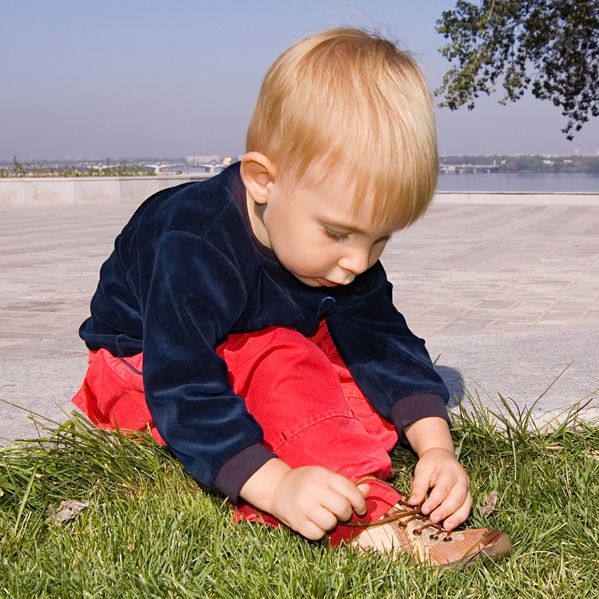 Usually, this guilt stems from your own childhood. You can explore this concept further here. You won’t be able to teach your kids independence if you feel guilty about it.
Usually, this guilt stems from your own childhood. You can explore this concept further here. You won’t be able to teach your kids independence if you feel guilty about it.
Once you get over the guilt, let’s move on to step #2.
#2 What should you expect your kids to be doing?Some parents, myself included, often forget that their kids are old enough to be doing things for themselves. I remember completely forgetting that I should be teaching my first child to put her own clothes on. This thought didn’t occur to me until she was way into toddlerhood. My third child was taught that super early more out of necessity and survival than anything else.
Sometimes as parents we get into routines and we forget that we need to be moving on to the next stage. Take a look around and see what other kids are doing at the same age. If you aren’t sure, ask your friends and family. Every child develops at a different pace, but there are some major skills that most kids should have at particular ages.
If you are unsure, ask your kids to do a particular task and see how well they do it and how long it takes them to complete it. Did they do it well? Did they do it in a reasonable amount of time? If yes and yes – then they can do that task independently.
If the answer is no, do they need some hands on teaching or are they not physically or emotionally mature enough to handle the task?
Are they an “I can’t do it!” kind of kid? Read my article on how to get kids to do things themselves, when they don’t believe they can.
#3 Stop doing everything for your kids
The first step in getting your children to be more independent is for you to stop doing everything for them. If I had someone following me around doing everything for me, I wouldn’t be independent either. Ask yourself:
Can they dress themselves?
Can they pick out their own clothes?
Can they get their own drink?
Can they clear up their own plate?
Can they clean up their own room?
Can they get their own snack?
Can they do at least one family chore?
Can they do their own school projects?
Can they problem-solve their own peer conflict?
Can they make their own lunch?
If not, should they be? Can you teach them? Instead of doing it for them, show them how to do it.
Let your kids know that as they get older they will have to do more and more things for themselves. You don’t want to suddenly change your expectations without some conversation with your kids.
At first, I felt really guilty when I had my ten-year-old daughter make her own school lunch. Especially since I was still making lunch for my two younger children. I sat down with her and explained it like this:
“As you get older I want to teach you how to do things for yourself. As a good mom, it is my job to slowly grow your abilities and support your independence. When I have you do things for yourself, it is not because I am a lazy mom or I don’t care about you, it is because I am teaching you life skills. If I didn’t start having you do these things for yourself, you would be completely lost as an adult. Sometimes you are able to do things independently that your siblings cannot. It would be easier for me to just make three lunches, but I don’t make yours because you are at the stage where I need to teach you how to do it yourself. ”
”
Once your kids know what is expected of them, make the task a bit easier. Arrange your house in such a way that facilitates independence.
Here are some suggestions:
Keep snacks that they are allowed to eat on a low shelf
Keep kid friendly cleaning supplies accessible to them
Have laundry baskets in each room
Keep stools in areas where kids need to reach
Keep arts and crafts in easily accessible areas for independent play
Put outfits in bins for young kids to self-dress
For a complete article on how to set up your home to encourage independence click here.
#6 Constantly reassess what your kids can be doing independentlyEvery day your kids are growing more capable and skilled. Frequently revisit what tasks they are capable of doing independently. This will change all the time. Should they be helping with their laundry? Should they be learning how to cook? Skill building doesn’t end until they are out of the house.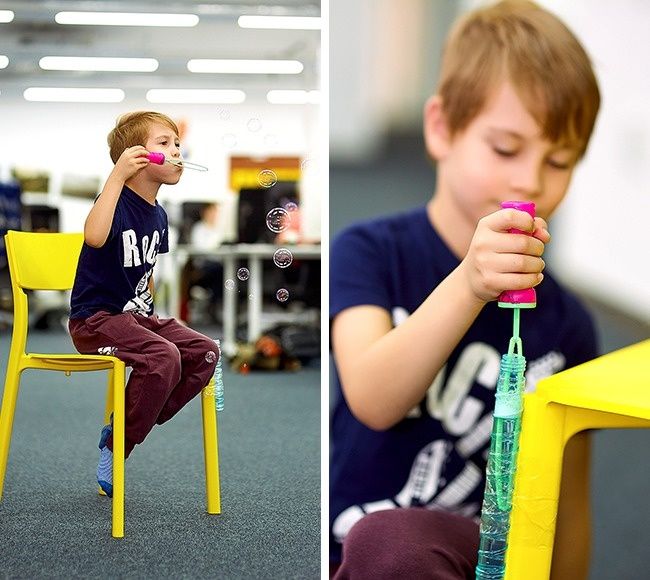
Having your kids do things for themselves doesn’t make you a lazy or unloving parent. It means you care. It means you don’t want your college-aged children coming back home because they can’t cook or clean for themselves. It means you don’t want to have your adult children taking a crash course on life because they weren’t given the skills as children. It means you care enough to let them fly solo.
Do you have some tips on how you are fostering independence with your kids? Share your tips with other parents.
Do you know someone who can benefit from learning how to get their child to be more independent? Share this article with them.
How to teach a child to be independent: 9 golden rules
Education
- Photo
- Getty Images
Teacher-psychologist, scientific director of the educational center "Aristotle"
The child does everything himself, quickly and accurately.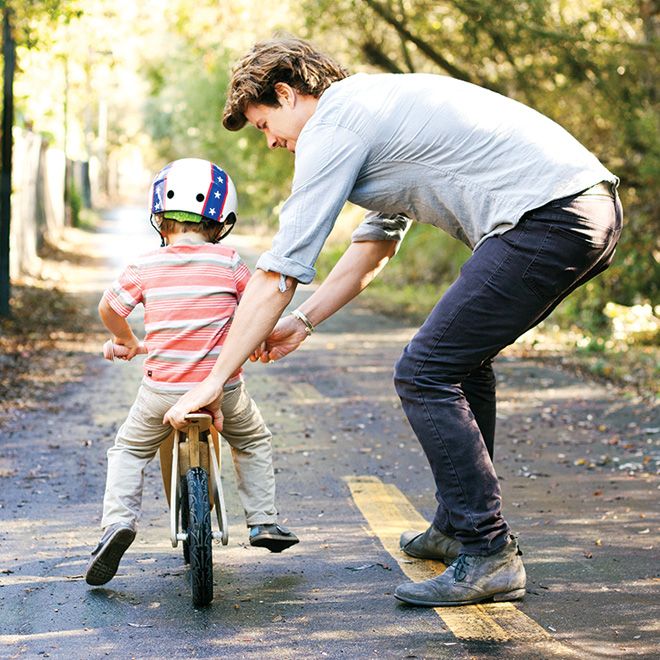 One important detail remains behind the scenes - he does only what he is told. Get up, wash your face and brush your teeth, go to breakfast - please! But the willingness to willingly follow directions, no matter how valuable they may be, is not independence at all, but only obedience.
One important detail remains behind the scenes - he does only what he is told. Get up, wash your face and brush your teeth, go to breakfast - please! But the willingness to willingly follow directions, no matter how valuable they may be, is not independence at all, but only obedience.
It is the habit of “obeying” adults that becomes one of the main causes of passivity, lack of ideas and lack of initiative — psychological problems that parents of schoolchildren so often face. “He can’t really say what he wants, and he won’t do anything himself until you remind me! And just who is he like that? - you can hear the complaints of adults.
Independence in preschool children
In fact, independence begins to form quite early. The main thing is to notice it in time. Already at an early age, at 1-2 years old, the first conscious desires for independent actions appear in the crumbs. As soon as he understands that he can satisfy some of his needs himself (get out of bed, drink from a bottle, turn on the light), he tries to do it. And immediately he hears the first parental prohibitions: do not touch, otherwise you will break, put in place, otherwise you will spill! Further - more: stop, don't go there, put it back, give it back...
And immediately he hears the first parental prohibitions: do not touch, otherwise you will break, put in place, otherwise you will spill! Further - more: stop, don't go there, put it back, give it back...
At the age of 3-4, the baby experiences the first serious crisis of growing up, when he understands that not only his actions, but also his desires may differ from what adults require. In the morning, he wants to put on a yellow T-shirt, but his mother puts on a gray one - more practical. A trifle? By no means! Vigilant control and constant pressure from adults not only destroy the child's craving for knowledge of the world, but also completely discourage independent action in general. Pretty quickly, the child understands: sometimes it’s not necessary to make efforts where you don’t want to (adults will do everything themselves), and begins to use it.
- Photo
- Getty Images
From the age of 5, an important stage begins in the life of children with the conditional name "I myself!". The child helps around the house, takes care of the pet, can go to the store. He develops a need for independence, but he probes the limits of what is permitted, therefore he argues with his parents when he is forbidden to do something.
The child helps around the house, takes care of the pet, can go to the store. He develops a need for independence, but he probes the limits of what is permitted, therefore he argues with his parents when he is forbidden to do something.
Some children start school at age 6 and are expected to have the independence skills necessary for learning. A first-grader knows the way to school, works in class, and does homework at home. But for parents, a six-year-old son or daughter is still quite small. Adults still take care of the student beyond measure: they take him and take him away from school, find out his homework, sculpt crafts for a labor lesson, depriving him of independence.
Independence in adolescents
At the age of 10-12, an acute need for freedom of action and decisions begins to form in a teenager - personal independence. If earlier the parents were able to instill self-confidence in the child, supported the initiative, then it will be easier for him to go through this stage of growing up. Otherwise, conflicts cannot be avoided.
Otherwise, conflicts cannot be avoided.
Independence directly affects a person's self-esteem. The child must learn to believe in himself, be able to take responsibility. Let him go his way, make his mistakes and successes.
Adults need to show maximum wisdom and patience in dealing with a teenager. Total control, overprotection, high expectations, indifference are typical mistakes of teenagers' parents. But they still want to see their son or daughter in the future - a self-sufficient successful person. Then think about it: are you interfering with his personality development?
- Photo
- Getty Images
How to prevent such a development of events?
1. Give your child the opportunity to show their independence
Is a one-year-old baby throwing toys? Do not run headlong to pick up and serve - let him crawl to them himself. Enjoying smearing fruit puree all over your face? Don't scold. Your task is to give the little man the opportunity to act, and therefore feel independent. Let him do what he wants, even if the results are unsuccessful at first.
Enjoying smearing fruit puree all over your face? Don't scold. Your task is to give the little man the opportunity to act, and therefore feel independent. Let him do what he wants, even if the results are unsuccessful at first.
When you are not sure if a child can do something (put a spoon to his mouth, drink from a cup, fasten buttons on his jacket, etc.), show him how to do it correctly. It doesn't work - no problem. Do not interfere with his attempts to cope with the problem on his own and help only when he asks you to!
Of course, age and previous experience must be taken into account. Act consistently: let the baby first learn to take off his pants, and only then - to put on, first of all, show how to wield a spoon, and only then - a fork, etc. Complicate the tasks gradually - the successful development of new independent skills well stimulates children's interest in them.
The feeling of ownership is one of the manifestations of the development of children's independence.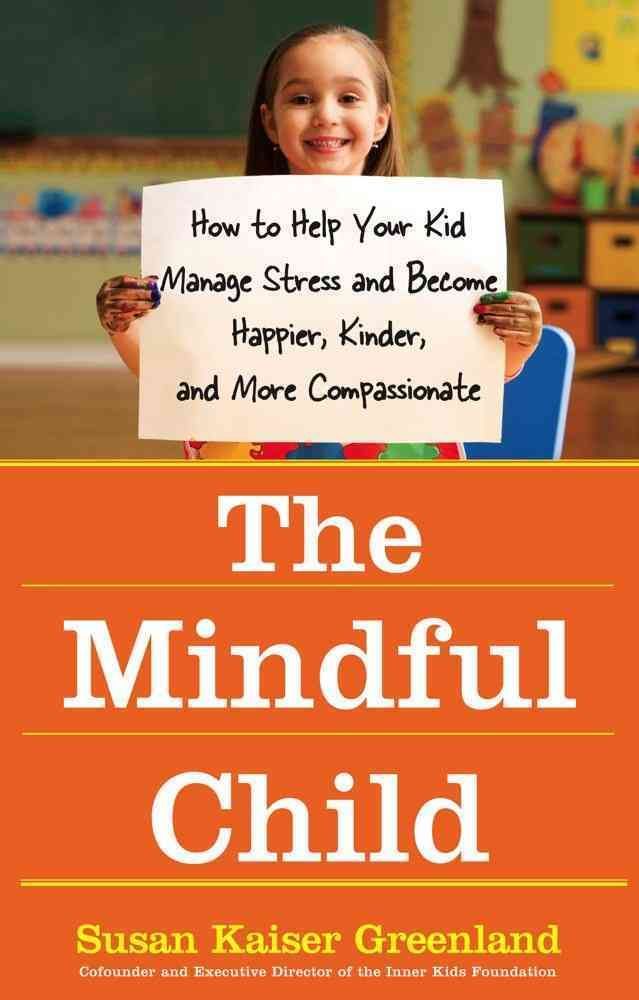 Do not scold or shame the baby if he does not want to share his toys or sweets, but carefully monitor his behavior. Ownership can quickly turn into selfishness or greed! 92. Encourage initiative - and "predictions" like "break", "tear", "spill". Does a four-year-old want to help you clean up? Do not put him out of the room, but reward him with a rag. Want to wash dishes? Place a stool next to the sink and turn on the hot water. Try to categorically refuse as rarely as possible, but explain the reasons for the refusal and offer alternative options.
Do not scold or shame the baby if he does not want to share his toys or sweets, but carefully monitor his behavior. Ownership can quickly turn into selfishness or greed! 92. Encourage initiative - and "predictions" like "break", "tear", "spill". Does a four-year-old want to help you clean up? Do not put him out of the room, but reward him with a rag. Want to wash dishes? Place a stool next to the sink and turn on the hot water. Try to categorically refuse as rarely as possible, but explain the reasons for the refusal and offer alternative options.
To "wake up" children's initiative, provide freedom of choice. When going for a walk, ask where the baby wants to go for a walk - to the playground or to the park? Which hat will he wear tomorrow - red or blue? Thus, the baby will learn to make decisions (no matter how insignificant they may be in your opinion), think and act independently.
Give him a space for which only he will be responsible - if not his own room, then at least a children's corner in the apartment - let him determine the state of affairs and keep order. First, help him in this difficult task, explain why it is better to put toys in a box and put books on a shelf, but do not persist if the baby does not agree with you. He just wants to do it his way and feel like his decisions matter too. Give him that right.
First, help him in this difficult task, explain why it is better to put toys in a box and put books on a shelf, but do not persist if the baby does not agree with you. He just wants to do it his way and feel like his decisions matter too. Give him that right.
3. Make a clear schedule
Scheduled life is predictable and understandable. But this is exactly what children need. Getting used to a certain daily routine (getting up, washing, making the bed, breakfast, walking, etc.) streamlines the child's life. When there is no such regime, he toils (including from idleness), and parents have to constantly stand over him, forcing him to do this or that.
You need to understand that having a schedule is a crutch that will help your baby remember all the things that need to be done more quickly. Visualize the daily routine by drawing a schedule and hanging it in the most visible place.
4. Entrust him with household chores
Children often take the initiative in this direction - do not interfere! Find something your child likes: loves water - let her water the flowers, loves to decorate - sets the table. An indispensable duty, feasible even for a two-year-old baby, should be to maintain order in your “toy corner”. Be sure to praise the child for the timely completion of his own household “things” and emphasize the benefits of his work.
An indispensable duty, feasible even for a two-year-old baby, should be to maintain order in your “toy corner”. Be sure to praise the child for the timely completion of his own household “things” and emphasize the benefits of his work.
- Photo
- Getty Images/iStockphoto
5. Help him find an occupation in which he can prove himself
Hockey section or a modern dance club, a foreign language or a music school - the main thing is that he goes there with pleasure. This is important not only for physical or mental development. Just the upbringing of independence involves, among other things, the formation in the child of the ability to occupy himself for some time without the help of adults.
6. Teach him how to manage money
Introduce the practice of getting pocket money (even if at the very beginning it will be the most penny sums), give the baby a piggy bank and let him distribute expenses himself. At first, explain why you can’t save a lot if you constantly spend. After a while, give the task: ask the child to calculate his “expenses” in advance, taking into account planned and unforeseen expenses. If necessary, help, but do not impose your opinion - let him decide everything himself.
At first, explain why you can’t save a lot if you constantly spend. After a while, give the task: ask the child to calculate his “expenses” in advance, taking into account planned and unforeseen expenses. If necessary, help, but do not impose your opinion - let him decide everything himself.
7. Talk
Invent controversial situations to show the child different ways of resolving them, and ask him to decide for himself what is the best thing to do. Discuss the results of all his actions and deeds and allow him to freely express his thoughts. Let him openly talk about what causes his misunderstanding. In turn, explain why you act in this way in a particular situation, and not otherwise. Make agreements! Agree, for example, that you read a bedtime story and keep secrets for 10 minutes before going to bed if the baby stops evening games on time and gets ready for bed on his own. Warn that if the agreement is violated on his part, everything planned is canceled immediately.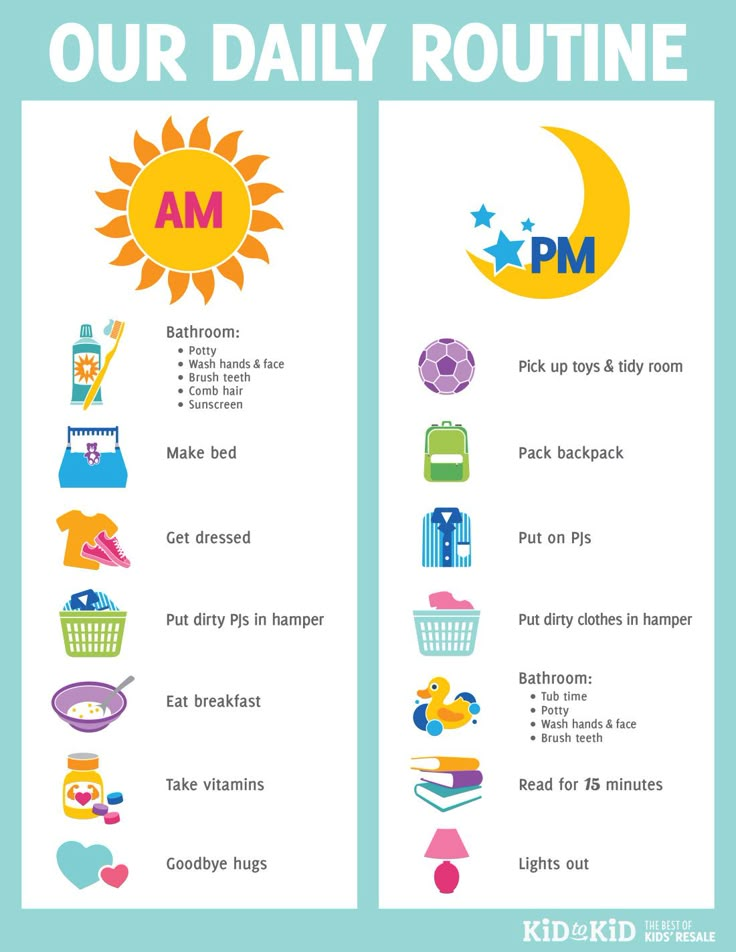
8. Support
Praise is one of the most pleasant and accessible incentives. Praise and encourage always, even if the baby is not yet successful. He will feel that you appreciate his efforts and will want to try again. No need to sing praises and pour flattering words on any occasion - praise should not be exaggerated, but deserved.
- Photo
- Getty Images/Maskot
9. Be patient. Even with a lack of time, you do not need to do for the baby those things that he can handle on his own. Instead, tell your child how much you love him often, explain the most obvious things dozens of times, listen to everything he says, answer all his questions, help him reason and let him make decisions, even if they are not entirely to your liking. Refuse hyper-custody, do not demand complete submission from the baby, but be his friend and adviser.

For the little ones
Toddlers are so incredibly inquisitive and tireless that it is easy to develop in them the desire for independence. The main thing is not to interfere and help a little.
-
Simplify. Without creating some living conditions appropriate for age and development, it can be difficult for a baby to learn to be independent. Give him these opportunities. If you want him to dress and undress himself and get used to keeping his clothes in order, free up a couple of shelves in the closet that are easy to reach: let him learn to put socks, T-shirts and T-shirts there. Would you like to wash yourself? Get a stand to help him reach the sink, and move his own towel hook down.
-
Do not impose, but show. Your own example is a very effective method of education, because small children are great imitators! When teaching a child one or another action (how to tie a scarf, zip up a jacket, lace up shoes), show everything slowly, as in slow motion filming, clearly pronouncing the sequence of actions.
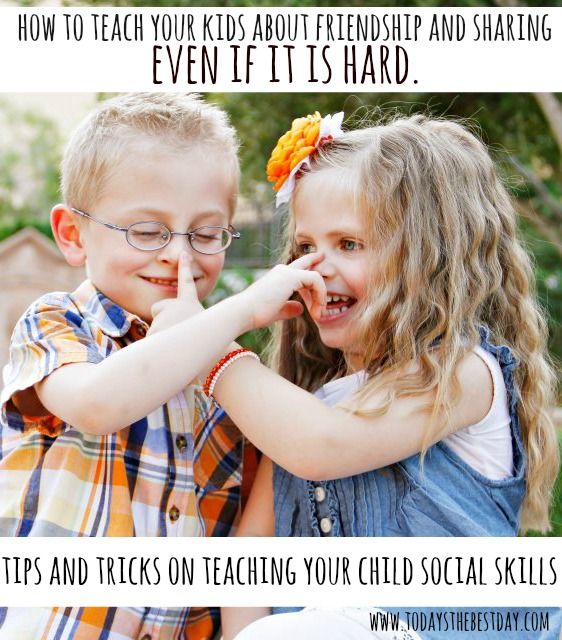 Not only your comments will be a good help, but also questions: “What do we take to wash our hands? How do we wash properly? Where do we put soap? What do we do next?" The answers to them will help the baby remember the sequence of actions, so that later he can easily reproduce it on his own.
Not only your comments will be a good help, but also questions: “What do we take to wash our hands? How do we wash properly? Where do we put soap? What do we do next?" The answers to them will help the baby remember the sequence of actions, so that later he can easily reproduce it on his own. -
Remind me. Do it not only verbally. If your little one still forgets to wash their hands before eating, hang a funny picture reminder on the bathroom door. Looking at him, he will immediately remember what he must do. To consolidate independent skills, play more. For example, any variations of the game "daughters-mothers" perfectly train children's knowledge of the sequence in dressing, undressing, washing, etc.
More useful materials about the proper upbringing of children - in our channel on Yandex.Zen.
Evgenia Karpovskaya
Helping a child become independent
Education aims to make a person an independent being, that is, a being with free will.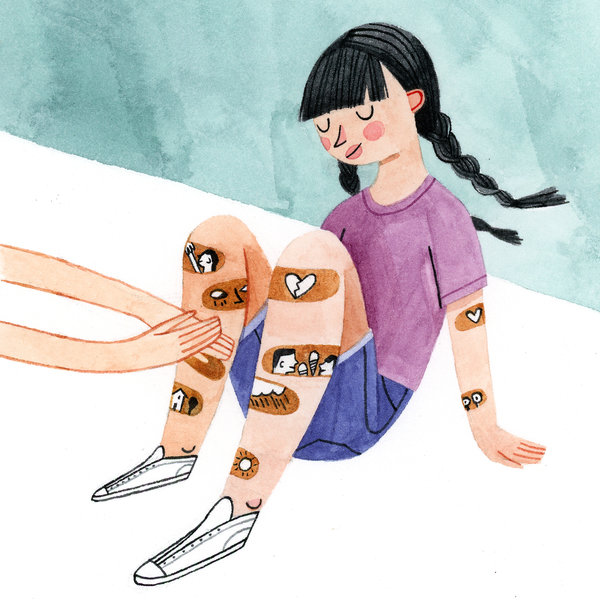
G. Hegel
It would seem that what could be more desirable and more convenient for a parent than an independent child? You can often hear: "I would like my child to be more independent - dress himself, eat on his own, take care of himself." But in practice, everything is not so simple. Moms and dads are faced with the fact that independence entails independence and freedom of decision-making, and the views of children and adults on the need or correctness of any action do not always coincide. It is important to understand that the more often a child gains the right to exercise independence, the less he is ready to follow the limits that limit him. From the point of view of the harmonious development of the personality, there is nothing bad in this, it's just that parents are not always ready to accept this fact.
The problem lies in the fact that the traditional system of education does not consider the child as a full member of the family or society, but as a dependent, unreasonable being, from which a person has only to be raised. Accordingly, there is no question of giving him the right to decide, choose or express his desire or unwillingness to do something. There is some contradiction when parents want the child to grow up and take over the performance of any functions, but at the same time they are not ready to give the baby the independence he needs in most matters. It turns out something like “do it yourself, but this way and that, but the way you want to do it is wrong.” This contradiction does not lead to anything other than the development in the child of even greater infantilism and self-doubt. Wanting to raise a free, independent and self-confident personality, parents should abandon the strategy of raising a child comfortable for themselves and gladly accept all his attempts to express himself.
Accordingly, there is no question of giving him the right to decide, choose or express his desire or unwillingness to do something. There is some contradiction when parents want the child to grow up and take over the performance of any functions, but at the same time they are not ready to give the baby the independence he needs in most matters. It turns out something like “do it yourself, but this way and that, but the way you want to do it is wrong.” This contradiction does not lead to anything other than the development in the child of even greater infantilism and self-doubt. Wanting to raise a free, independent and self-confident personality, parents should abandon the strategy of raising a child comfortable for themselves and gladly accept all his attempts to express himself.
By creating greenhouse conditions for children, taking away their right to choose and depriving them of responsibility for their own decisions and actions, we do a disservice - we do not prepare them for an independent life, we do not give them the opportunity to live their personal experience, make their own mistakes.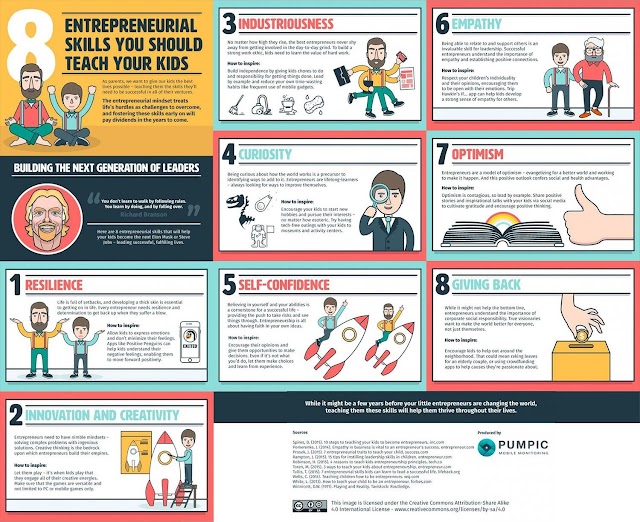 When a child is included in daily activities, he begins to realize his role in the family, feels that he is trusted. When a child is given a choice, he learns to think independently, analyze, make decisions. If parents often tell a child: “I believe that you can do it yourself,” instead of rushing to him with help at the first request, then he will feel self-confidence in his abilities and will retain this attitude towards himself throughout his life.
When a child is included in daily activities, he begins to realize his role in the family, feels that he is trusted. When a child is given a choice, he learns to think independently, analyze, make decisions. If parents often tell a child: “I believe that you can do it yourself,” instead of rushing to him with help at the first request, then he will feel self-confidence in his abilities and will retain this attitude towards himself throughout his life.
To help a child become more independent, parents must fulfill several conditions:
1. Create a developmental environment that meets his needs.
It is important that the child feels confident in his home, so that he does not hear numerous "no"s. Even the smallest kid in the house should have his own place, and his own things, which he can dispose of according to his own understanding. In the kitchen, in the bathroom, in the room, there should be items available to the child, especially at those moments when he shows a desire to take part in household chores.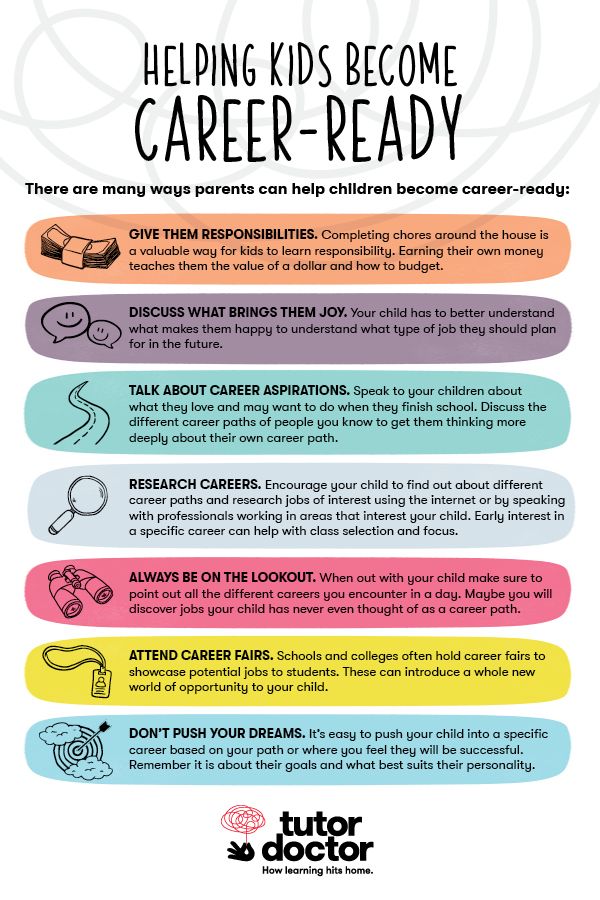
2. Demonstrate to the child how to perform certain actions and constantly gently involve him in the process.
Only an adult can teach a child to do or not to do something. Let the child participate in cleaning the house, cooking, gardening, constantly ask the child to help you, and share the work with him.
3. Be patient and give your child as much time as he needs.
Of course, children, due to their age and physical development, can spend much more time on the simplest thing than an adult. And more than once, you will probably catch yourself thinking that it would be easier and faster to do everything yourself. But after all, your goal is to grow an independent personality, and for this you should be patient.
4. Recognize the child's right to make a mistake and never judge for it.
When a person takes on a new business for himself and makes mistakes, this is normal. And the child will often shed and wake up, but if you do not besiege him with criticism for mistakes, then he will quickly realize them himself and try to correct them. The best method against errors is only your example.
The best method against errors is only your example.
So it sounds in theory, and now let's look at what can be done in practice to give the child more independence.
Best of all, the independence of the child is manifested in everyday life. Simple actions that we perform every day and sometimes do not even think about them are an important thing for a child, which he readily masters and is proud of his successes. And all it takes is to give the child independence in a number of household activities, and soon you will see how the child will change. He will become more confident, calmer and .... happier. Precisely, happier, because he will be able to satisfy his inner needs.
Independence in dressing and choosing clothes:
- Organize child-friendly storage space with low shelves or cabinets, low hangers and hanger bars. The more accessible things are for the child, the faster he will show interest in the process of choosing clothes, and this will already entail the desire to dress on his own;
- choose clothes and shoes with simple fasteners with buttons, Velcro; t-shirts with a fairly wide neck; wide pants with elastic - all this will help the child quickly learn to put on and take off things without your help;
- Store in your child's wardrobe clothes that are appropriate for the season.
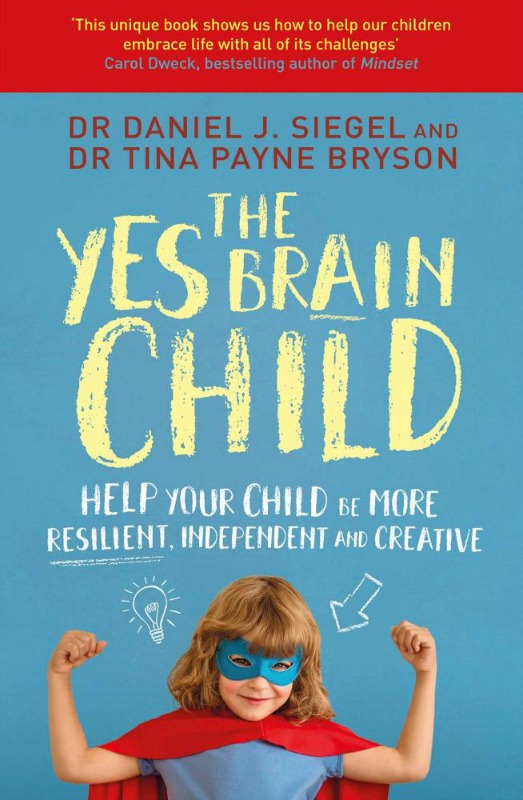 So, if you give the baby the opportunity to choose clothes for a walk, he will not choose a T-shirt in winter, but a warm sweater in summer;
So, if you give the baby the opportunity to choose clothes for a walk, he will not choose a T-shirt in winter, but a warm sweater in summer; - organize a basket for dirty laundry in the bathroom or dressing room, explain and show the baby where to throw clothes for washing;
- Hang a safe mirror large enough for a full-length view of yourself in a place accessible to the child. Next to the mirror, you can make a shelf where the comb will lie, but if you have a girl, then also various accessories.
Independence in hygiene:
- in the bathroom you will need a small chair or a stand so that the baby can stand up and reach the tap. Next to the tap there should be baby soap with a convenient dispenser, toothpaste and a brush in a separate cup. Make sure the towel hangs low; The
- potty or toilet seat should also be comfortable and always available.
Independence in eating:
- organize a small shelf or cabinet in the kitchen where you will store dishes for the child, stand a jug of drinking water, as well as napkins and cloths for cleaning;
- refuse to use plastic dishes, use glass and ceramics.
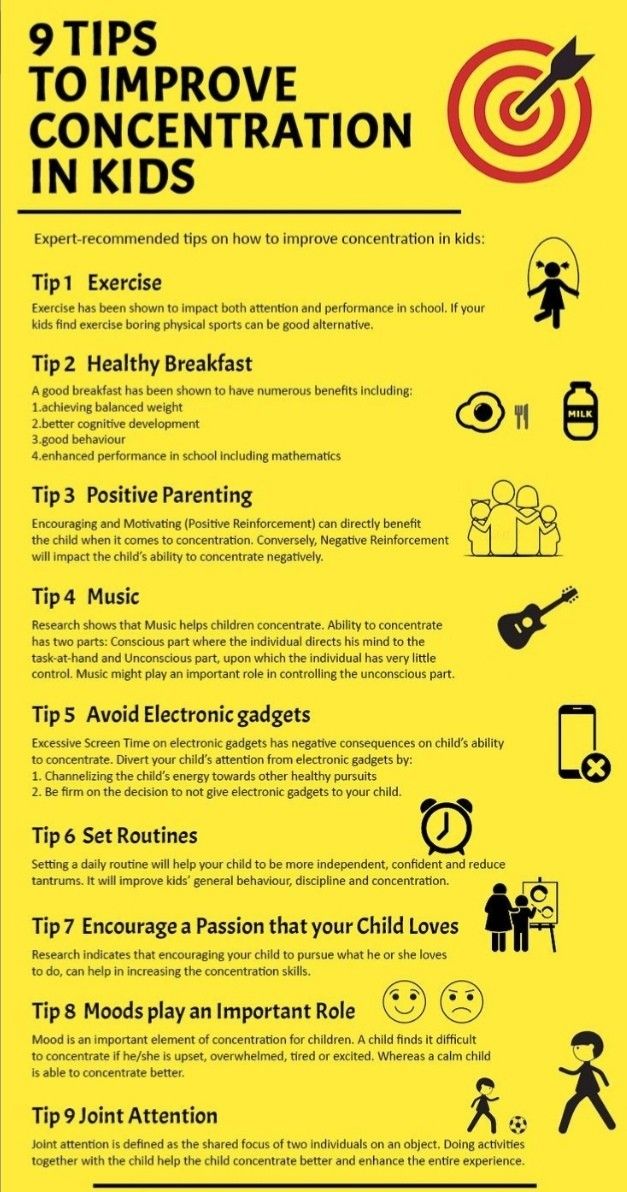 So the child will quickly learn to understand that plates and glasses are fragile things and should be handled with care. Just show your baby how to carefully carry objects and put them on the table;
So the child will quickly learn to understand that plates and glasses are fragile things and should be handled with care. Just show your baby how to carefully carry objects and put them on the table; - prepare food for your child that he can eat without much difficulty - not spaghetti, but pasta, not mashed potatoes, but pieces of vegetables and potatoes. If your baby is already using a spoon, then cook viscous cereals, mashed potatoes, thick soups;
- children love to participate in cooking. As your child grows, offer to help you with peeling bananas, cutting bread or vegetables with a safety knife, kneading dough, cutting cookies with cookie cutters, and more.
Independence during sleep:
- the low open bed will help your baby develop the right attitude towards sleep - after all, a crib is not a cage where parents put the child, deciding that it is time for him to sleep. The child can leave an open bed on his own, he can also fit into it at his own request;
- come up with a daily evening ritual that will prompt the child that it is time for sleep - evening tea, reading books by lamplight, water procedures, listening to lullabies.
 In this case, you do not have to once again remind the child that it's time to go to bed, and the process of preparing for bed will be a pleasant pastime for the whole family.
In this case, you do not have to once again remind the child that it's time to go to bed, and the process of preparing for bed will be a pleasant pastime for the whole family.
Independence in play and activities:
- in the nursery, organize low shelves or boxes for storing toys for your baby. Try to work out a simple scheme for arranging toys, where each item will have its own place, do not clutter up the shelves, remove those items that the child has not played for a long time - then it will be easier for the baby to put things in order;
- pick up children's furniture - low table, chair, armchair;
- books, educational aids, materials for creativity should be freely available, then the baby will be able to do what he loves at any time;
- If your child likes to listen to audio stories or music, then put an easy-to-use CD player in the nursery, and put a few discs on the shelf.
